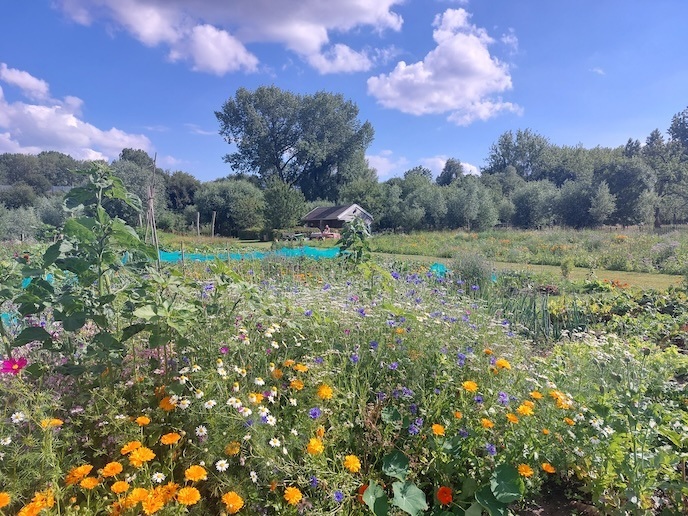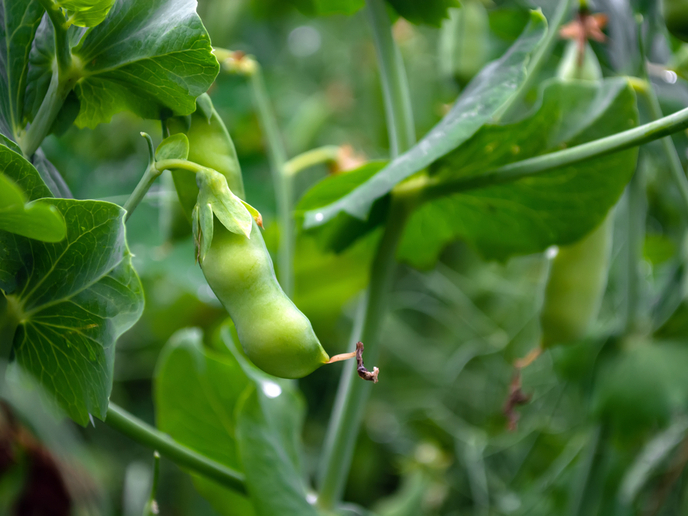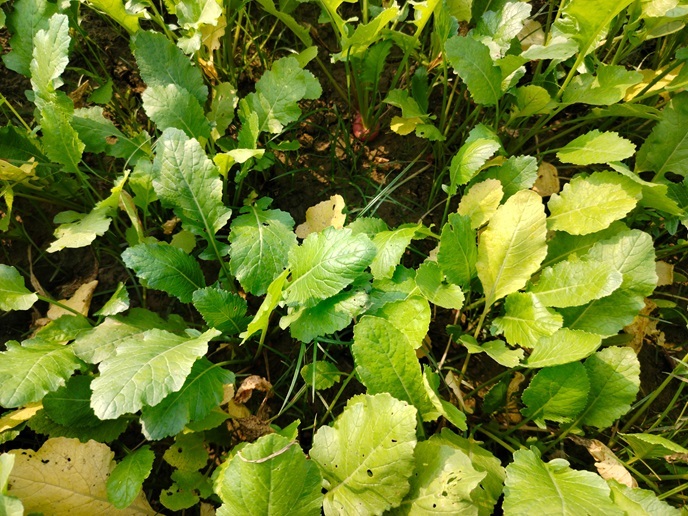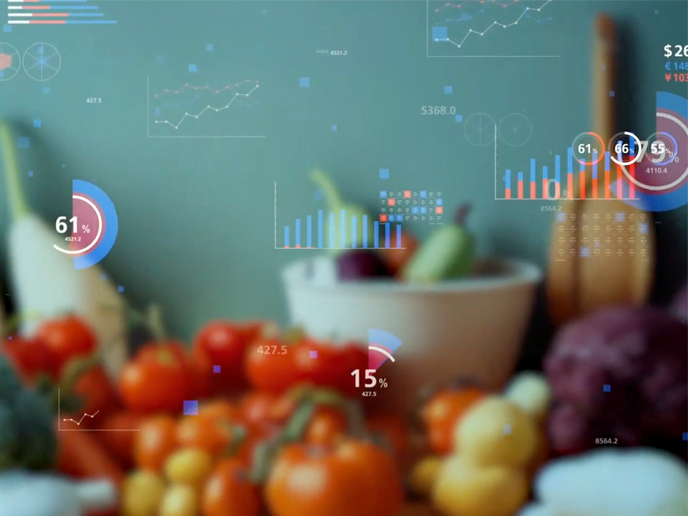We are more than what we eat
Food is much more than a commodity or a source of nutrients. Especially in Europe’s urban areas, food is a social act. “Eaters are not just consumers but social actors, with food serving as an important social connector and our eating choices influenced by our faith, gender, age, income, kinship and a range of other sociocultural factors,” says Cristina Grasseni(opens in new window), a professor of Cultural Anthropology at Leiden University(opens in new window). Unfortunately, most food-related policies ignore the social aspects of eating and instead try to apply a ‘one-size-fits-all’ solution to a very diverse palate. This is where the EU-funded FOOD CITIZENS(opens in new window) project comes in. The project, which received support from the European Research Council(opens in new window), set out to represent the diversity of citizens’ engagement in different types of urban food networks. “We questioned homogenising stereotypes about sharing food and looked to reintroduce social analysis into our understanding of urban food systems,” adds Grasseni, who served as the project’s principal investigator.
Investigating different styles of societal participation in local food procurement
The project, which included two postdocs, three PhD candidates and two research assistants, investigated different styles of societal participation in local and collective ways of procuring food. To kick things off, the team conducted an in-depth literature review on the role of solidarity, diversity, skills and scale within the anthropology of food. This was followed by bespoke training in the use of audiovisual methods, along with topical seminars, to prepare the PhD candidates for their fieldwork. The fieldwork itself took place in Gdańsk, Rotterdam and Turin, which were chosen for their potential significance in their regional contexts for social initiatives around food self-procurement, short food chains and food governance. “Within these cities, we looked at how collective food procurement networks engage with and through food, with a specific focus on relevant skills, how they interpret and articulate solidarity, and how they operate across and within diverse communities,” explains Grasseni.
Premises and consequences of collective food production, distribution and consumption
Over the course of 17 months, the researchers carefully observed the field sites – work that was interspersed with such qualitative research methods as in-depth interviews, mapping, documentary analysis and focus groups. The results of this work were integrated and presented in a synoptic and comparative way via a unique interactive platform(opens in new window). This ‘i-doc’ both analyses and shows how differently citizens work with food across diverse European contexts. “By connecting 50 case studies, this platform presents the premises and consequences of collective forms of food production, distribution and consumption in three European cities – and beyond,” remarks Grasseni. “In doing so, it enhances our capacity to envision, imagine and document urban food systems beyond pacifying stereotypes of ‘smart’ or ‘healthy’ choices, and of ‘social inclusion’.”
A seat at the food procurement table
During a specially organised methods school, the project’s team presented their research to a cohort of nine incoming master's and PhD candidates. They also shared the project’s methodological legacy, passing the FOOD CITIZENS torch to the next wave of ethnographic researchers. “As a result of the research we did and the work we continue to do, Europe’s diversity and culture now have a seat at the food procurement table,” concludes Grasseni.







